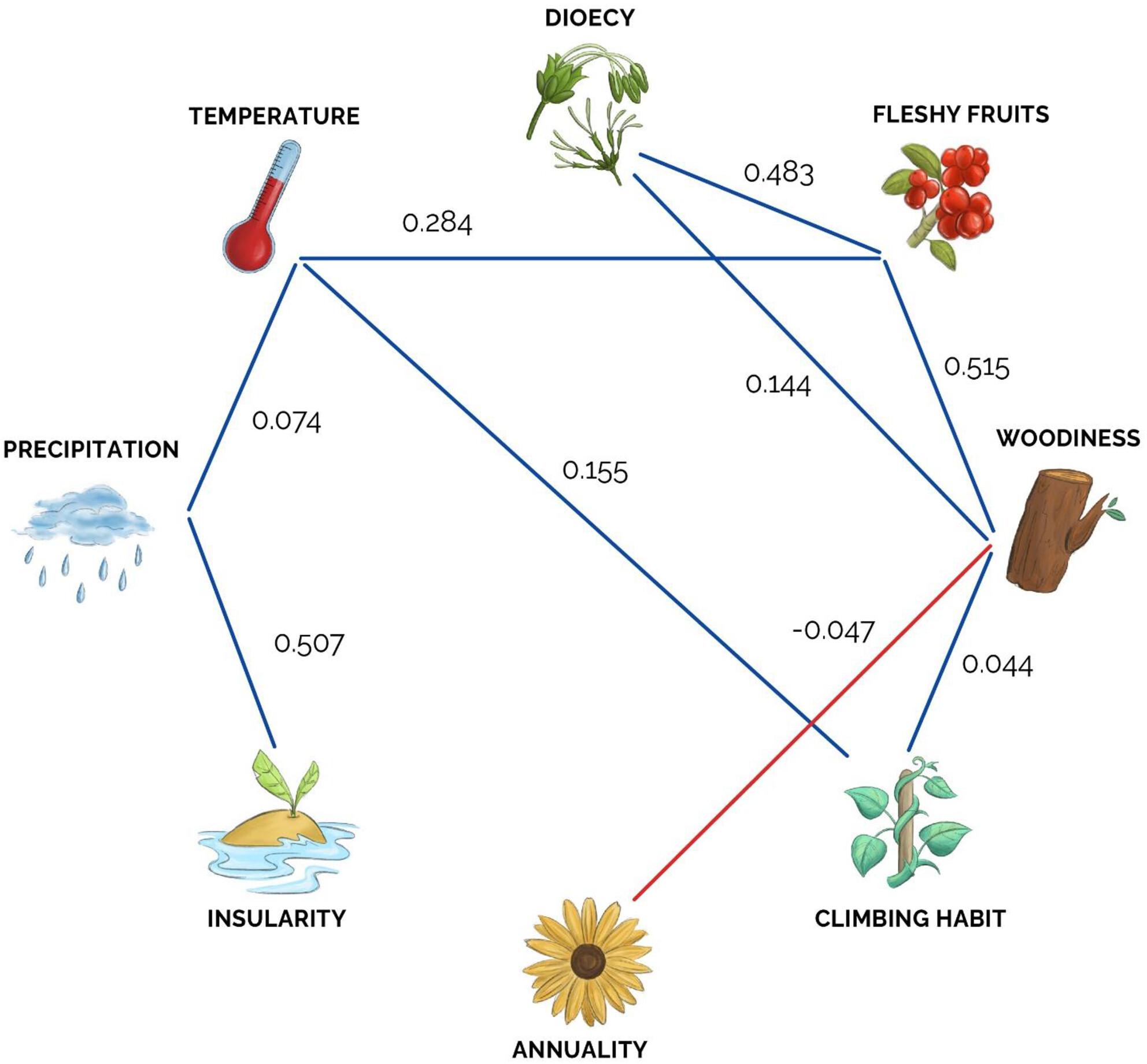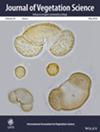Trait correlation and the assembly of island plant communities: Evidence from the Southwest Pacific
Abstract
Aims
Predictable and consistent differences between island and mainland organisms arising from biased colonization/establishment are known as insular assembly rules. Baker's rule is a long-standing assembly rule predicting that the incidence of dioecy among early island colonizers should be lower than that of the mainland source pool. While Baker's rule is an established pattern of island floras, whether it results from trait correlation or factors other than insularity remains poorly understood. Here, I investigated the relative roles of insularity, climate, and dioecy-correlated traits in regulating the incidence of dioecy across islands.
Location
Southwest Pacific.
Methods
I amassed a data set of 485 plant species distributed across eight archipelagos surrounding New Zealand. Trait correlation was estimated using an association rule algorithm. I then used a null model and undirected network models to test for Baker's rule and to disentangle the relative roles of insularity, climate, and dioecy-correlated traits in filtering dioecy among undifferentiated island colonizers.
Results
Some archipelagos conformed to Baker's rule, but the incidence of dioecy was not directly linked to insularity. Instead, it was directly regulated by dioecy-related traits, that is, fleshy-fruitedness and woody habit, which in turn were primarily driven by climate.
Conclusions
Island assembly rules can result from trait correlation. While results were partially consistent with predictions by Baker's rules, this resulted from dioecy-related traits being largely excluded from island colonization/establishment because of climatic factors, not insularity. Geographic variation in this plant breeding system can be determined endogenously, rather than by being filtered directly by the characteristics of islands per se.


 求助内容:
求助内容: 应助结果提醒方式:
应助结果提醒方式:


